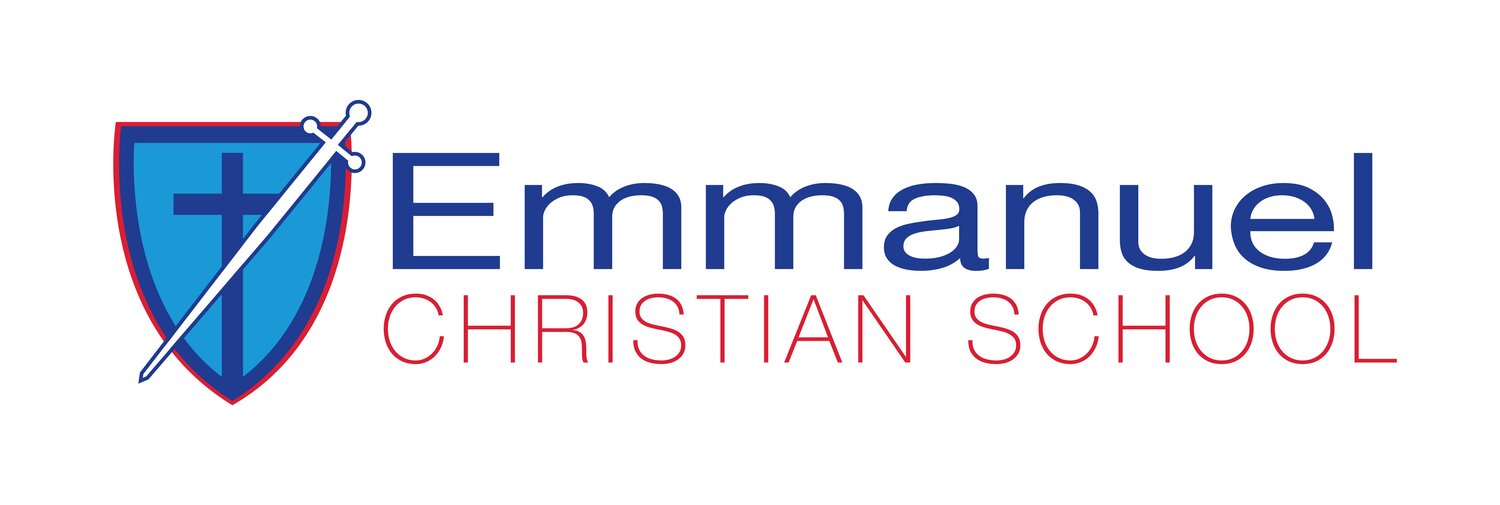Yesterday was an exciting day for the Emmanuel community, with the long-awaited news of Emmanuel’s new Principal finally being announced.
It was an absolute joy and privilege for me to be able to announce to the staff and students at Emmanuel and the Emmanuel parent community the appointment of Dr. Lifeas Kapofu to the role of Principal at Emmanuel Christian School.
Lifeas’ appointment was made following a rigorous recruitment campaign where both local, interstate and international candidates were considered.
Lifeas holds a PhD in Science Education, a Masters of Science and Mathematics Education, a Bachelor of Education in Biology and a Certificate in Project Management and has been serving the Emmanuel Christian School community since March this year as a Science Teacher in the secondary school. Prior to moving to Tasmania, Lifeas held Head of Department, Lead Teacher and Principal roles with the Department of Education in South Africa and Zimbabwe, with his last role seeing him lead a school of over 800 students.
Lifeas has had 26 years’ experience in education and his achievements during his teaching career in South Africa and Zimbabwe include being the Country Representative for special training in Science Education in Japan; the Lead Facilitator for in-service training programmes and curriculum development for High School Science Teachers in ICT and Methodology Integration; the District Lead Science Teacher for academically disadvantaged learners; the State Examiner and INSET Facilitator; the top candidate in his PhD cohort review and the top Master’s student at his university, winning the University Book Prize.
Lifeas is married to Winfilda and they have two children. Lifeas and Winfilda are active members of River City Church.
Lifeas comes highly recommended and during the reference checks that I conducted as part of the recruitment process, I received the following comments from leaders and colleagues that Lifeas has worked with in schools both here in Tasmania and in South Africa:
“Lifeas is a committed Christian who is unassuming, hard-working and has a high level of integrity”
“It is actually quite hard to put Lifeas into words as I feel that I wouldn’t be doing him justice with anything I said. I have never met anyone quite like him”
“I have always been impressed with Lifeas’ ability to show grace and to remain true to himself (authentic) regardless of the circumstances”
“Lifeas is extremely innovative and is also very relational”
“Lifeas gets people and has a beautiful compassion and is very compelling”
“Lifeas is a ‘one of a kind’. If I had to sum him up in one word it would be ‘outstanding’”
“Lifeas is an outstanding educator and has a soft way with people, always respectful and humble and extremely considerate in how he deals with everyone from the students to e leaders in the school”
“Lifeas would be an outstanding school leader and if the CST Board made the decision to appoint Lifeas to the principal role at Emmanuel, it would be the best decision they could make.”
“CST would be blessed to have Lifeas as Emmanuel’s Principal”
“CST won’t find a more hard working and honest individual than Lifeas”
Lifeas will commence his new role as Emmanuel’s Principal on Monday September 12, 2022.
I would like to take this opportunity to thank Mr Drew Roberts who has been serving faithfully as the School’s Acting Principal since Scott Winkler’s departure in Term 1. Drew will be resuming his Head of Secondary role following Lifeas’ appointment, and will continue to be an integral part of Emmanuel’s Senior Leadership Team. As part of a broader leadership restructure, from Monday, Mrs Laura Ferguson has been appointed as Head of Primary and Miss Joy and Mr Moroni will be taking on Heads of Student Development roles in the primary and secondary schools.
I am extremely excited about what Dr. Kapofu’s appointment means for your child’s education and for Emmanuel Christian School’s vision to be a transformational Christian learning community.
David Gillman — CEO
Christian Schools Tasmania














